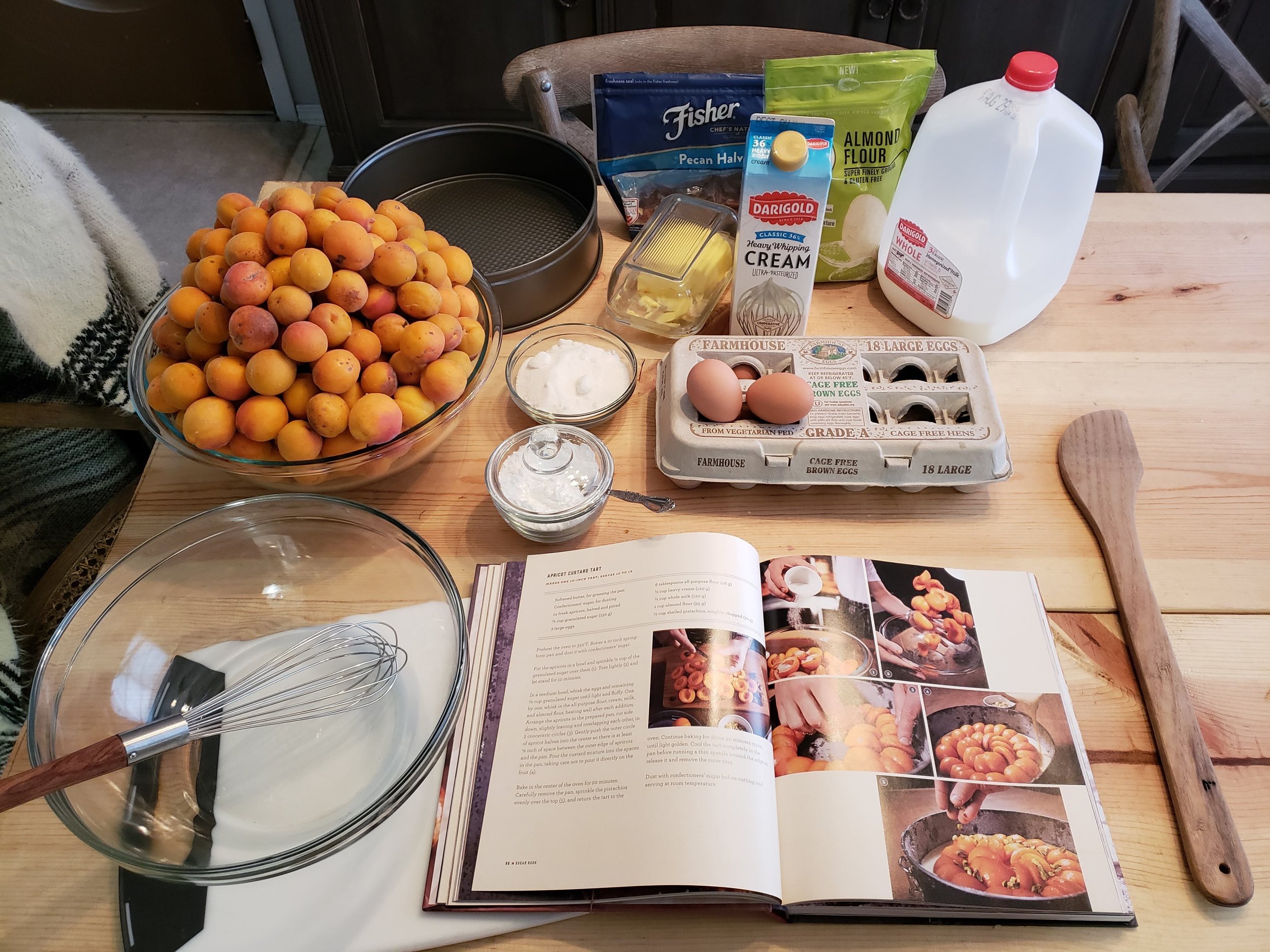
Support Local
welcome
This series is a place where stories, ideas, and experiments from the land come together to spark something bigger—community. While I’ll be highlighting folks here in my local area, my real hope is that what you read here encourages you to invest in your own place, too.
Supporting local doesn’t mean just buying local—though that’s a good start. It’s about paying attention. It’s about noticing who’s growing food, who’s fixing things, who’s showing up even when it’s hard. It’s about building real relationships with the people and land around you and understanding how deeply those things shape our lives.
There’s no one-size-fits-all answer here. What works for one community might not work for another. But the principle stays the same: if we want strong, resilient places to live, we’ve got to build them ourselves, from the ground up—together.
Whether you’re here to learn, share, or just see what’s possible, you’re welcome.
Let’s get to it.
The Roots of the Fair
From dusty show rings to prized pumpkins, Part 1 of our County Fair series traces the deep roots of agricultural fairs in American life—where they began, how they shaped rural culture, and why they still matter today.
Regenerative Agriculture and Small Farms
Regenerative agriculture is more than a buzzword—it’s a practical, powerful way for small farms to restore soil health, boost biodiversity, and create lasting sustainability. This blog explores how these practices are shaping the future of food and why supporting small regenerative farms matters more than ever.
The Economic Impact of Local Agriculture
When you buy local, you're not just picking up fresh produce—you’re investing in your community’s economy, resilience, and future. This blog explores how supporting local farms and food systems keeps money circulating close to home, creates jobs, and builds a stronger, more sustainable community from the ground up.
Rebuilding Local Food Systems
Long before industrial agriculture, communities fed themselves through networks of small farms, co-ops, and time-tested preservation methods. As modern food systems face rising costs and instability, we’re turning back to those roots—blending old-world knowledge with modern tools to build resilient, local food networks. This blog explores what worked in the past, what we can learn, and how to move forward—together.
Decentralized Farming:
Industrial agriculture promised efficiency—but delivered fragile supply chains, degraded soils, and corporate dependency. Decentralized farming offers a better way forward. By empowering small-scale, regenerative farms and strengthening local food systems, we can build a more resilient, self-sufficient future for our food security and our communities.
The Power of Local Agriculture:
Local farms and backyard gardens do more than feed us—they strengthen our communities. Discover how local food systems support food security, boost the local economy, and create meaningful connections between neighbors. Whether you grow your own or shop at the farmers market, everyone can play a role.
Want to stay rooted in something real?
Sign up to get updates from the land — seasonal blog posts, homestead recipes, natural farming tips, and reflections on a more grounded way of living. No spam. Just good dirt.





